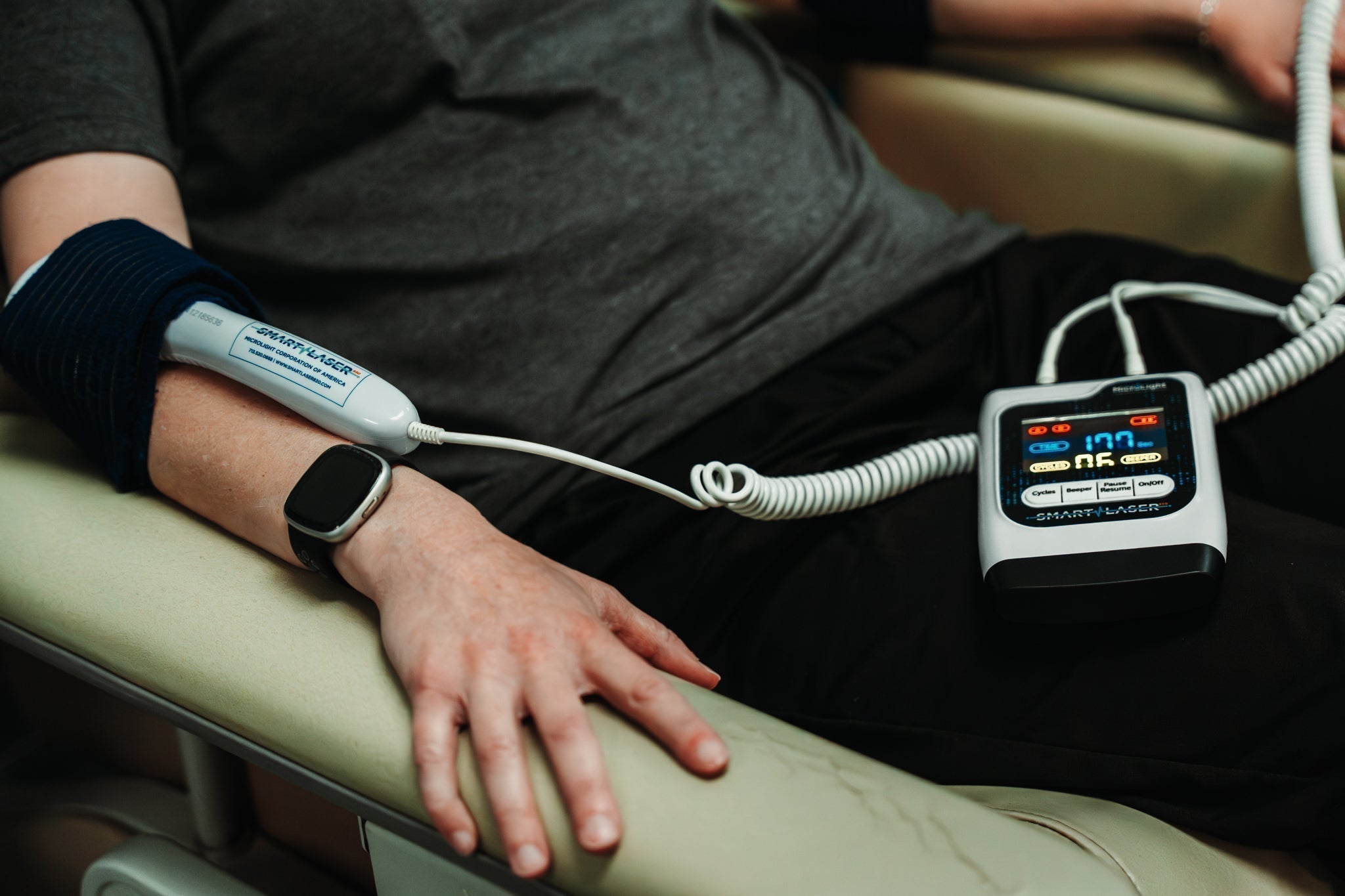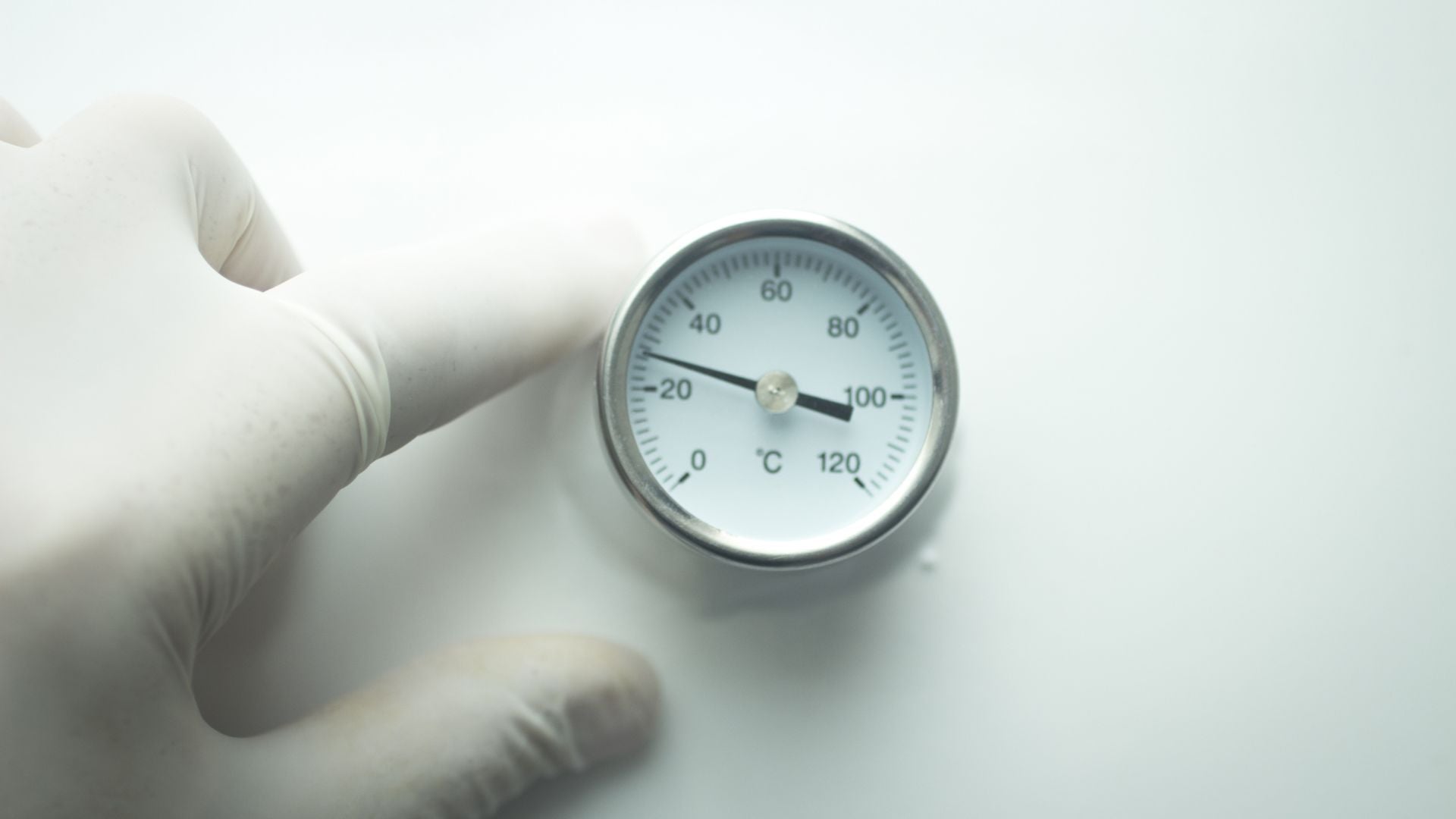If you've ever played a sport, you are well aware of the constant hunger that seems to plague young athletes. Pre-game meals are a ritual for many teams and often times these dinners are loaded with high-carbohydrate, high-calorie items aimed at providing the fuel needed for game play.
But aside from these team meals, are many of these athletes putting any thought into how they fuel their bodies outside of the hours right before the "big game?" Or, like most young people, are they grabbing snacks filled with sodium, processed "quick bite" meals and soft drinks loaded with sugar and additives?
In a recent article featured on Stack.com, Jason Bacigalupo, MS, CSCS describes 6 strategies to help young athletes fuel their bodies with better food.
He says: "Over the years, I've found that poor nutrition habits, often characterized by a failure to eat regularly, are one of the biggest barriers for kids in achieving their athletic potential.
When these young athletes do eat, it's usually not in sufficient quantity or quality to support proper recovery and maximize growth.
As coaches, it's imperative that we help our athletes realize that the work they do in the weight room must be supported by what they consume outside of it."
Bacigalupo goes on to differentiate between 3 nutrition tips for coaches and three nutrition tips for student-athletes themselves.
It's no surprise that many coaches, teachers and parents dread talking to their young athletes about nutrition. The fear of saying the "wrong thing" or influencing a young person to start counting calories or restricting food leads many adults to stay silent for fear of planting the seeds of eating disorders or body image concerns. This is especially true with young females.
But, it is the responsibility of adults in these positions to provide guidance and direction to help their young athletes insure that they are fueling their body appropriately. This helps these growing athletes perform well and maintain a level of overall health that is required for the demands of regular practices, conditioning and play.
Bacigalupo's recommendations for coaches include:
Help Young Athletes Understand Why Good Nutrition is Important
The old saying "you can't poor from an empty cup" is a good one to use here as a way of explaining the importance of filling your body with the fuel it needs to perform well.
"If an athlete understands that their workout progress or game day performance is tied to his or her diet, they'll be much more likely to pay attention to the quality and quantity of the food consumed," says Bacigalupo.
He also states that often times when he sees the performance or stamina of a young athlete slipping, one of the first questions he asks is "What did you eat?" This often helps an athlete to make the connection between what they eat and how they feel in the moment...and, most importantly to them, how it can negatively affect their performance.
Reinforce Why Athletes Need to Eat Properly
Many athletic programs, especially in public schools or in recreation leagues, are short on the additional funds required to feed pre- and post-game meals for their players. More often than not, these tasks fall to parent volunteers...many of which, have no idea what an appropriate post-game snack should look like.
We've all been to games and seen young athletes eating candy bars, fruit-by-the-foot and drinking capri suns after a hard game and this practice, says Bacigalupo, is "a horrifically poor choice."
He goes on to say that, "While many coaches may not have a big budget (I certainly didn't), hopefully you can find a way to provide something of nutritional value for your athletes post-workout or game. Initially, we were able to provide chocolate milk and fruit for our athletes after our workout.
Was it perfect? No.
Did it reinforce my point that the post-workout meal was extremely important and I wanted them consuming calories ASAP? Yes."
Follow Up
Finally, Bagicalupo suggests that you check-in regularly with your athletes about what they're eating and drinking. While it's important to use a "delicate touch" and pose these check-ins as friendly conversations, it helps you keep a pulse on which athletes you need to pay special attention to.
I would also add, that it is a good idea to involve parents in these conversations...preferably as a team-wide conversation or even a one-on-one phone call if warranted. Parents are usually the ones doing the grocery shopping and meal prep in most households and sadly many have no idea how to properly fuel a growing athlete. If you approach these conversations as "team-wide" guidelines and best practices for parents, they will be much better received than if you try to start off the conversation by highlighting their young athletes lack of good food choices.
Creating an environment where you have open and honest communication is key...after all, at the end of the day, everyone wants what is best for the athlete.
Click here to read the full article, including the three additional tips for student-athletes.






Share:
You Aren't Breaking up Scar Tissue with IASTM...This is What is Really Happening
Neural Mobilization: A new Systematic Review Analyzes Therapeutic Efficacy